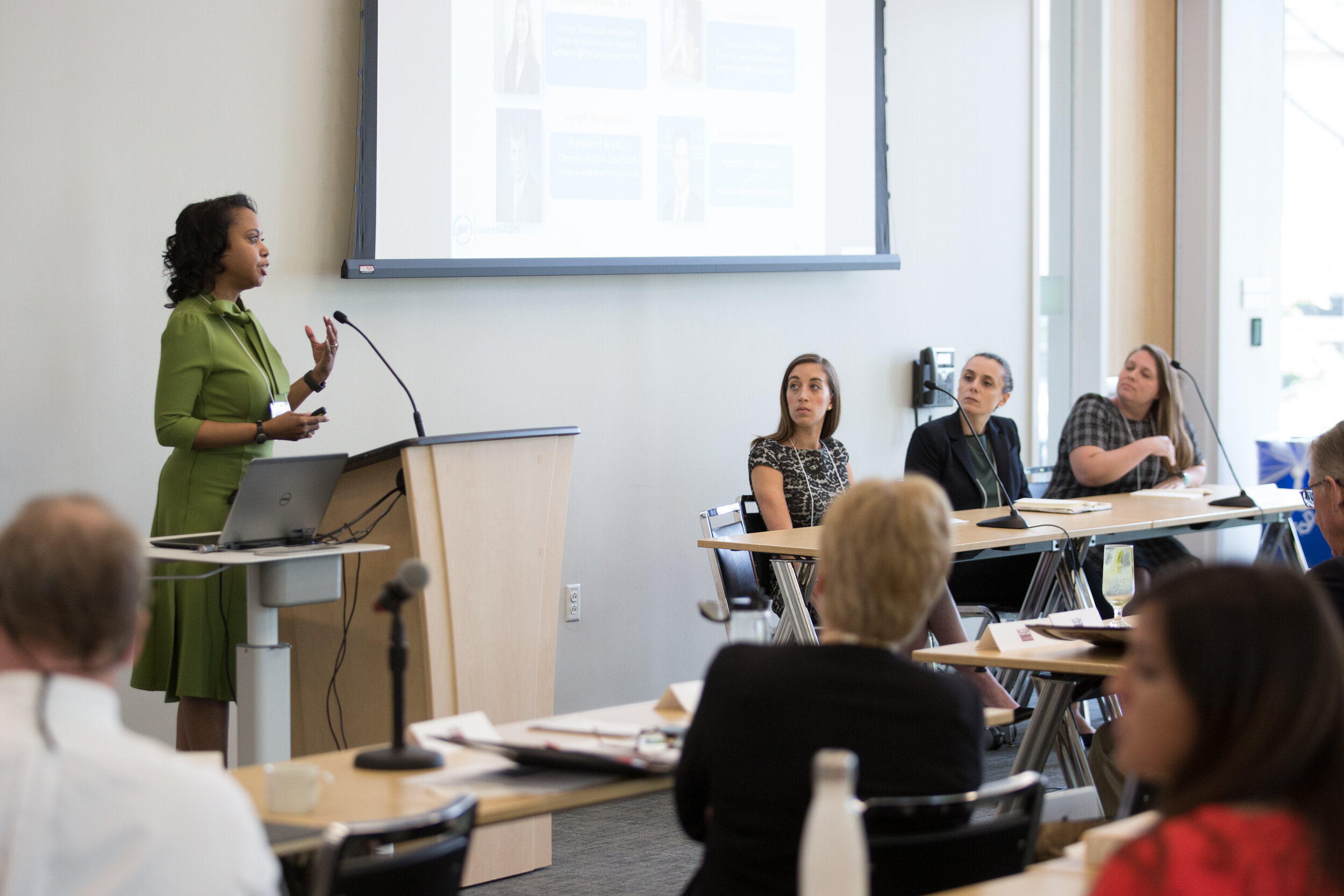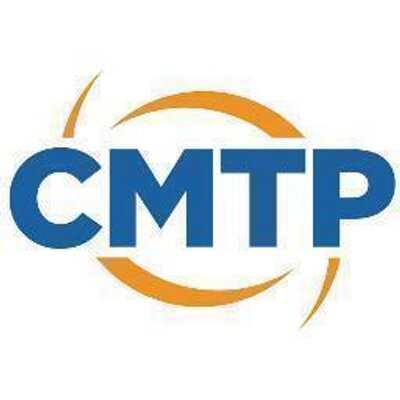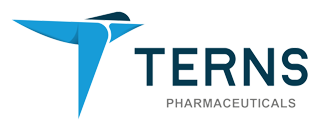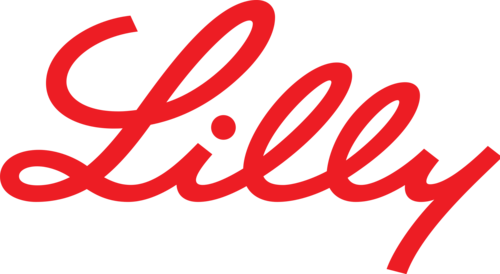
As recognition of fatty liver disease and non-alcoholic steatohepatitis (NASH) as a true global health crisis rises the need to collect, curate, and share relevant information in a timely fashion grows as well. The GLI NASH News is intended to meet that need and facilitate collaboration across the emerging NASH Community on a monthly basis.
We appreciate your feedback and content contributions. Please contact nash@globalliver.org
GLOBAL LIVER INSTITUTE
GLI Perspective

Global Liver Institute kicked off what will soon become NASH Awareness month by convening the 2nd meeting of the GLI NASH Council on June 1, in Washington, DC. The meeting brought together over 40 stakeholders from various companies and organizations for a day of informational sessions and activities. This meeting was followed by GLI’s participation in Digestive Disease Week (DDW) also held in Washington, DC.

June continues with NASH related events held globally June 8-12 for the 1st International NASH Day. In Washington, DC, we will be celebrating International NASH Day by helping host a Congressional Briefing on Monday, June 11 at 11:00 AM EST on Capitol Hill in the Cannon Room 121.
1st International NASH Day: June 12

Show support to this initiative by signing onto this global call to action to raise awareness on NASH, and ask your colleagues and peers to join you in this effort and be recognized as a leading expert in NASH who supports the 1st International NASH Day!
Take action:
SIGN AND JOIN THE BATTLE AGAINST NASH
A press release entitled “NASH, a silent killer: 100+ world experts sign a global call to action to promote awareness of deadly liver disease”, including your name, will be published early June, worldwide.
NASH Council
New Member Spotlight:

Reggie Ware, CEO, BlackDoctor.org
BlackDoctor is a primary destination that redefines Black Health focusing on the mind, body, and spirit.

Center for Medical Technology Policy
The Center for Medical Technology Policy is a nonprofit organization dedicated to developing a health care system where patients, clinicians, healthcare policymakers, and payers have the evidence they need to make informed health decisions. Currently, one of their projects, coreNASH, is a multi-stakeholder initiative to develop a core set of outcomes that helps to address a series of challenges caused by the widespread variability in outcomes reported in clinical trials.
Want to be a member? Membership Application Form
Members have the benefit of accessing the secure NASH Council portal with council meeting minutes, Workgroup meeting minutes, other members’ contact information, and will have the opportunity to participate in our all member council meeting.
Patients Needed – A Note to Our Doctors
Global Liver Institute is a patient-driven advocacy organization that promotes innovations and collaborations that advance liver health. To stay truly patient-driven we need your patients, your patients’ stories, your patients’ insights, the hard-won expertise from your patients’ lived experience as a patient or caregiver dealing with liver disease.
Please contact us at info@globalliver.org for more information or if you have patients that are interested in:
- Sharing their story in written form (we can interview and write it if you prefer)
- Sharing their story in a video
- Answering a survey or providing comments based on their experiences navigating clinical trials, medical care, or insurance coverage
- Participating in a focus group
- Learning more about advocacy
You can learn more about what it means to be a patient advocate and how to get your patients involved in GLI’s work by visiting our website.
Any information shared with us will be respected and shared only with consent.
Industry
Pfizer

Pfizer’s mission seeks to deliver medicines that make a real difference in quality of life for patients with metabolic diseases and at cardiovascular risk. Currently, they have 3 trials that involve NASH (one at phase 1, and two at phase 2). Pfizer is a member of the GLI NASH Council and has recently launched a web-based educational resource in NASH.
Terns Pharmaceuticals and Eli Lilly


Terns Pharmaceuticals, headquartered in San Mateo, California and Shanghai, China, is a global biopharmaceutical company “committed to discovering and developing molecularly targeted, oral, small molecule drugs to treat liver disease and cancer.” Eli Lilly has agreed to allow Terns to “develop, manufacture and commercialize three small molecule therapeutic candidates” for NASH treatment, which were originally exclusive to Eli Lilly. Terns particularly focuses on development and regulatory approval of drugs in China and strives to “bring promising new therapies to patients in underserved markets via global and region-specific development programs.” Two of their newly acquired NASH-targeting drugs are undergoing preclinical testing in China, one (nicknamed “TERN- 101”) is in phase 1 testing in Europe and another (“TERN- 201”) is advancing towards Investigational New Drug (IND) submission.
Regulatory
FDA

On May 21, 2018, the Food and Drug Administration “approved Doptelet (avatrombopag) tablets to treat low blood platelet count (thrombocytopenia) in adults with chronic liver disease who are scheduled to undergo a medical or dental procedure.” Low thrombocyte (blood platelet) count is a common biomarker of liver disease. Patients with low thrombocyte counts are at risk for excessive bleeding during procedures. In turn, Doptelet will increase the thrombocyte count in patients and may allow some patients to avoid platelet transfusions, which can potentially lead to infections or other unfavorable results.

Clinical Trials
Research
UCL and University of Massachusetts Blood Testing
A team at UCL and University of Massachusetts, supported by NIH, designed and verified a quick blood test that can detect liver damage before symptoms by using clinical samples. The researchers at University of Massachusetts designed a sensor that uses polymers, coated with dyes that bind to blood proteins based on their chemical properties. The team at UCL tested the sensor by comparing results from small blood samples (equivalent to finger-prick checks) from about 65 people in three balanced groups (determined by the Enhanced Liver Fibrosis test) from healthy patients, early-stage, and late-stage fibrosis.
The researchers found that the sensor could identify different patterns of protein levels in the blood serum of people in the three groups, diagnosing health individuals 80% of the time and mid- to late-fibrosis individuals 60% of the time.
NIH: Immune Responses Driving Obesity-Induced Liver Disease
The NIH and the National Institute of Allergy and Infectious Diseases (NIAID) team continues to study immune response as it relates to liver disease. Using mouse models, new findings show that the type of
immune response that helps maintain healthy metabolism in fatty tissues also drives obesity-induced NAFLD. These findings were compared to human disease by the examination of liver biopsies, which revealed the same findings. The study shows that the inflammatory environment in the fatty liver is complex. They hope, that these new insights may help inform the development of new NAFLD treatments and other immune-altering therapies for obesity.
Find out more details of this study, and next steps.
For Your Calendar
June 12: International NASH Information Day
June 18-24: Love Your Liver Week. United Kingdom.
July 5-6: Paris NASH Meeting. Paris, France.
Sept 21-22: GLI’s Advanced Advocacy Academy
Oct: 2nd NASH Summit. Frankfurt, Germany
Nov 9-13: The Liver Meeting 2018. San Francisco, CA.
Further Reading

Risk of Cariomyopathy and Cardiac Arrhythmias in Patients with NAFLD
The Painful Reality of end-stage liver disease in NASH
